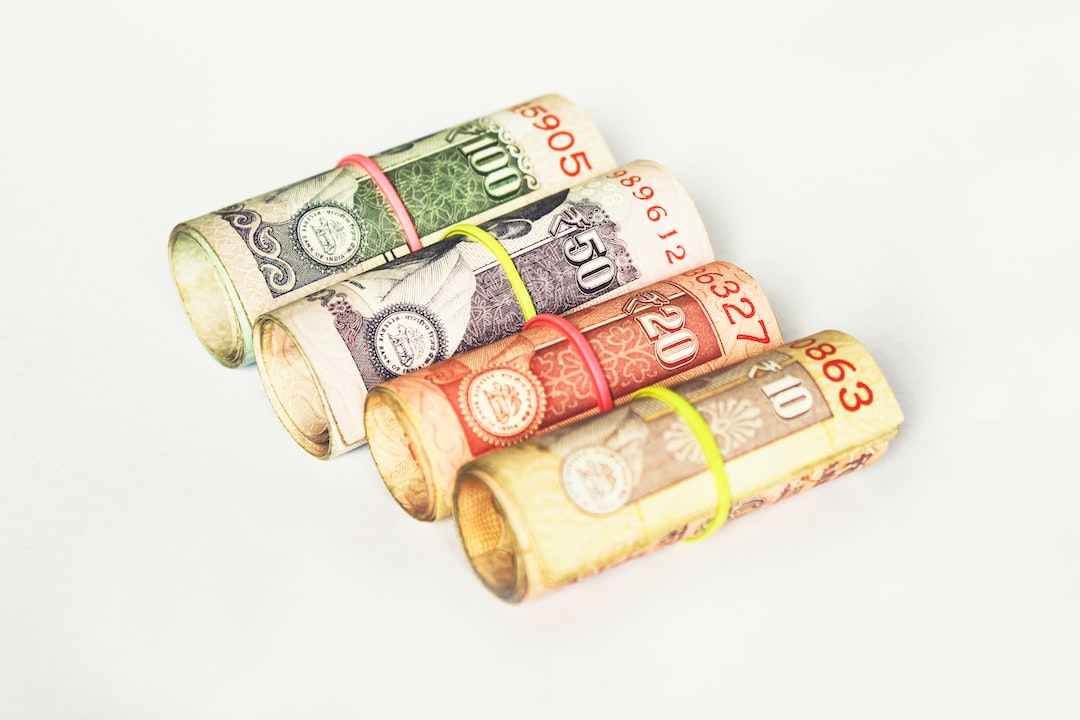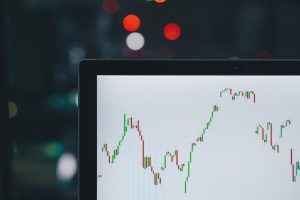Forex trading has become increasingly popular in recent years, with many individuals looking to make a living through forex trading. As with any form of income, forex trading is subject to taxation. The question that many traders ask is, how much money do I need to be making in forex to be taxed?
The answer to this question is not straightforward, as it depends on several factors, such as the country of residence, the tax laws of that country, and the trading activity of the individual. In this article, we will explore the different factors that affect forex taxation and provide an overview of how much money you need to be making in forex to be taxed.
Country of Residence
The first and most important factor that affects forex taxation is the country of residence. Each country has its own tax laws, and the taxation of forex income varies from country to country. In the United States, for example, forex trading is treated as capital gains taxation, and the tax rate for long-term capital gains ranges from 0% to 20%, depending on the individual’s income level. Short-term capital gains are taxed at the individual’s ordinary income tax rate.
In the United Kingdom, forex trading is treated as a form of gambling and is not subject to capital gains tax. Instead, profits made from forex trading are subject to income tax. The tax rate for income tax in the UK ranges from 20% to 45%, depending on the individual’s income level.
Tax Laws
The tax laws of a country also affect forex taxation. In some countries, forex trading is considered a form of capital gains, and the tax rate is based on the individual’s income level. In other countries, forex trading is treated as ordinary income, and the tax rate is based on the individual’s tax bracket.
In the United States, for example, forex trading is treated as capital gains taxation, and the tax rate for long-term capital gains ranges from 0% to 20%, depending on the individual’s income level. Short-term capital gains are taxed at the individual’s ordinary income tax rate. In the United Kingdom, forex trading is subject to income tax, and the tax rate ranges from 20% to 45%, depending on the individual’s income level.
Trading Activity
The trading activity of the individual also affects forex taxation. If an individual is actively trading in forex, they will be subject to taxation on their profits. However, if an individual is not actively trading and is simply holding onto their forex investments, they may not be subject to taxation.
The frequency of trading activity also affects forex taxation. In the United States, for example, if an individual trades forex frequently, they may be subject to the wash-sale rule. This rule states that if an individual sells a security at a loss and buys a substantially identical security within 30 days of the sale, the loss is disallowed for tax purposes.
Conclusion
In conclusion, the answer to the question of how much money you need to be making in forex to be taxed is not straightforward. It depends on several factors, such as the country of residence, the tax laws of that country, and the trading activity of the individual. If you are unsure about forex taxation, it is best to consult with a tax professional who can provide you with guidance on how to comply with the tax laws in your country.






